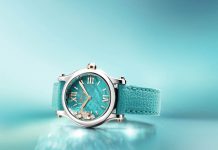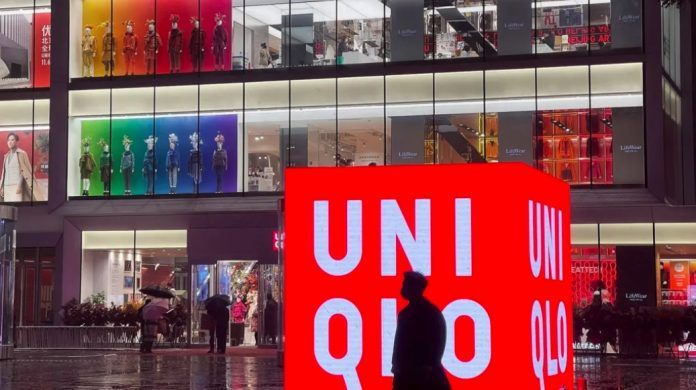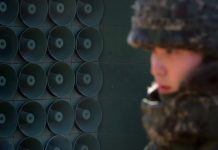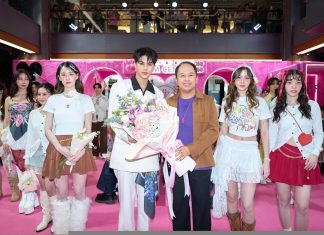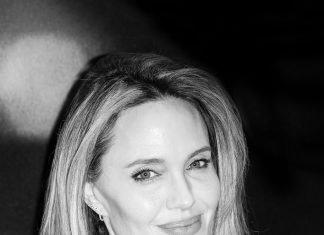ประธานบริษัท Fast Retailing ซึ่งเป็นเจ้าของแบรนด์เสื้อผ้าระดับโลกอย่าง Uniqlo ยืนยันกับ BBC ว่า บริษัทญี่ปุ่นนี้ไม่ได้ใช้ผ้าฝ้ายจากมณฑลซินเจียงในจีนในผลิตภัณฑ์ของตน
นี่ถือเป็นครั้งแรกที่ ทาดาชิ ยาไน ประธานเจ้าหน้าที่บริหารของ Fast Retailing ออกมาแสดงความคิดเห็นต่อประเด็นอ่อนไหวนี้โดยตรง
จีนถือเป็นตลาดสำคัญสำหรับ Uniqlo ไม่เพียงแค่ในฐานะผู้บริโภค แต่ยังเป็นแหล่งผลิตสำคัญอีกด้วย
เดิมทีผ้าฝ้ายจากซินเจียงเคยได้รับการยกย่องว่าเป็นหนึ่งในวัตถุดิบที่ดีที่สุดในโลก แต่ความนิยมลดลงหลังมีการเปิดเผยว่าผ้าฝ้ายดังกล่าวมาจากแรงงานบังคับของชนกลุ่มน้อยมุสลิมอุยกูร์
ในปี 2022 สหรัฐฯ บังคับใช้กฎระเบียบที่เข้มงวดเกี่ยวกับการนำเข้าสินค้าจากซินเจียง ส่งผลให้แบรนด์ชั้นนำระดับโลกหลายแบรนด์ เช่น H&M, Nike, Burberry และ Adidas ถูกแบนในจีน ขณะที่สินค้าของ H&M ถูกลบออกจากแพลตฟอร์มอีคอมเมิร์ซรายใหญ่ในจีน
ในขณะนั้น ยาไนเลือกที่จะไม่ยืนยันหรือปฏิเสธเกี่ยวกับการใช้ผ้าฝ้ายจากซินเจียงในผลิตภัณฑ์ของ Uniqlo โดยกล่าวว่าเขาต้องการคงความเป็นกลางระหว่างสหรัฐฯ และจีน ซึ่งช่วยให้ Uniqlo ยังคงได้รับความนิยมในตลาดจีน
อย่างไรก็ตาม ในการให้สัมภาษณ์ล่าสุดที่โตเกียว เขายืนยันว่า “เราไม่ได้ใช้ผ้าฝ้ายจากซินเจียง” แต่ปฏิเสธที่จะกล่าวเพิ่มเติมเนื่องจากเกรงว่าจะกลายเป็นเรื่องการเมือง
ตลาดในจีนยังคงเป็นหัวใจสำคัญ
แม้ว่า Uniqlo จะขยายตัวอย่างรวดเร็วในยุโรปและสหรัฐฯ แต่เอเชียยังคงเป็นตลาดที่ใหญ่ที่สุดของบริษัท โดยในจีนมีจำนวนร้านค้ามากกว่าประเทศญี่ปุ่น ยาไนยังกล่าวว่ามีแผนจะขยายร้านค้าในจีนจาก 1,000 สาขาเป็น 3,000 สาขา
นอกจากนี้ จีนยังคงเป็นศูนย์กลางการผลิตที่สำคัญที่สุดของบริษัท แม้จะมีการกระจายการผลิตไปยังเวียดนาม บังกลาเทศ และอินเดีย

ยาไนยังกล่าวถึงความท้าทายในการแข่งขันกับแบรนด์อัลตร้าฟาสต์แฟชั่น (ultra-fast fashion) เช่น Shein และ Temu โดยย้ำว่า “ผมไม่คิดว่าอัลตร้าฟาสต์แฟชั่นจะไปได้สวยในอนาคต” พร้อมเน้นย้ำถึงกลยุทธ์ของ Uniqlo ที่มุ่งผลิตเสื้อผ้าที่จำเป็นและสามารถสวมใส่ได้นานหลายปี
ในช่วง 40 ปีที่ผ่านมา ยาไนพัฒนาบริษัทจากยอดขายปีละ 100 ล้านเยน สู่รายได้ระดับ 3 ล้านล้านเยนในปีนี้ โดยตั้งเป้าที่จะแซง Inditex เจ้าของ Zara และขึ้นเป็นผู้ค้าปลีกแฟชั่นที่ใหญ่ที่สุดในโลกก่อนเกษียณ
อย่างไรก็ตาม เส้นทางการเติบโตของ Uniqlo อาจต้องเผชิญความท้าทายอีกครั้ง หากสหรัฐฯ กลับมาขึ้นภาษีสินค้าที่ผลิตในจีนภายใต้การนำของโดนัลด์ ทรัมป์
Uniqlo does not use Xinjiang cotton, boss says
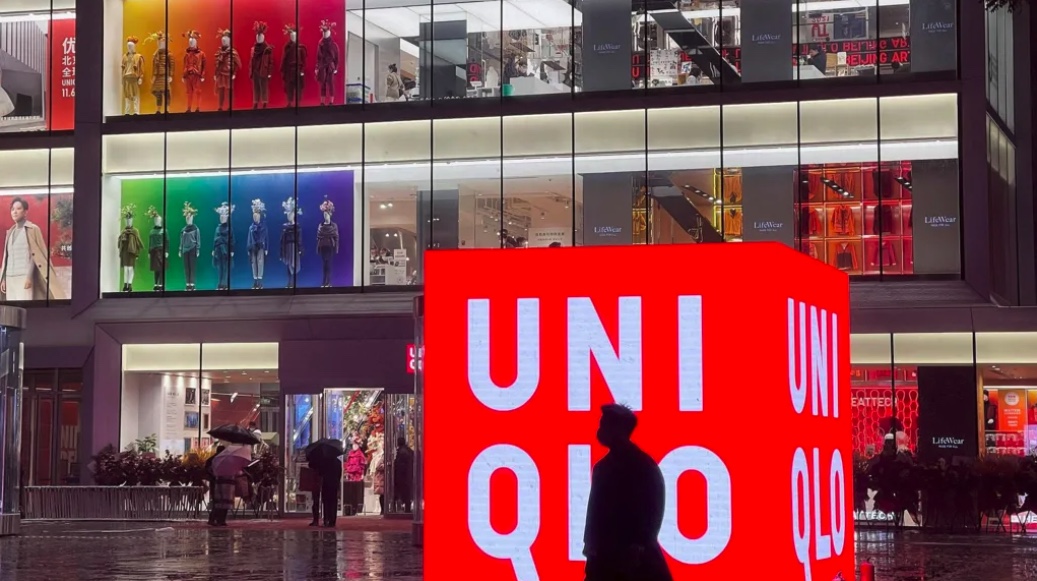
The boss of the company behind global fashion chain Uniqlo has told the BBC that the Japanese firm does not use cotton from the Xinjiang region of China in its products.
It is the first time Fast Retailing’s chief executive Tadashi Yanai has directly addressed the contentious issue.
China is a crucial market for Uniqlo not just for customers but also as a major manufacturing hub.
Xinjiang cotton was once known as some of the best fabric in the world.
But it has fallen out of favour after revelations that it is produced using forced labour by people from the Muslim Uyghur minority.
In 2022, tough US regulations on the import of goods from Xinjiang came into effect.
Many global brands removed products using Xinjiang cotton from their shelves, which led to fierce backlash in China. Brands such as H&M, Nike, Burberry, Esprit and Adidas were boycotted.
Sweden’s H&M saw its clothing pulled from major e-commerce stores in China.
At the time, Mr Yanai – who is Japan’s richest man – refused to confirm or deny whether Xinjiang cotton was used in Uniqlo clothing, saying he wanted “to be neutral between the US and China”.
His decision not to take a side helped Uniqlo to remain popular in China’s huge retail market.
But speaking to the BBC in Tokyo about the firm’s measures to be more transparent about where the materials in its clothes come from and how they are made, he said: “We’re not using [cotton from Xinjiang].”
“By mentioning which cotton we’re using…” he continued, before pausing and ending his answer with “Actually, it gets too political if I say anymore so let’s stop here”.
Isaac Stone Fish, the chief executive and founder of Strategy Risks, a business intelligence firm with a China focus highlights the pressures on firms from both China and the US.
“Not a single large company can remain politically neutral anymore,” he says.
“Both Beijing and Washington want companies to choose sides, and Tokyo will continue to lean closer to the United States in this matter.”
Even though Uniqlo has been expanding aggressively in Europe and the US, in Mr Yanai’s own words, “we are not a known brand globally” and Asia is still its biggest market.
The company has more stores in China than in its home country Japan, and Mr Yanai says he does not plan to change that strategy despite challenges in the world’s second biggest economy.
“There are 1.4 billion people in China and we only have 900 to 1,000 stores,” he says. “I think we can increase that to 3,000.”
Meanwhile, China is Uniqlo’s single biggest manufacturing hub. The company also makes clothes in countries including Vietnam, Bangladesh, Indonesia and India.
In 2009, when 80% of its products were made in China, Mr Yanai told the BBC that China was getting too expensive and the firm was shifting production away “to lower-wage Cambodia to keep prices low”.
He now says it was challenging to repeat China’s success as the world’s factory in other countries as transferring years of experience proved difficult.
Retailers like Uniqlo are also facing intense competition from ultra-fast fashion as brands like China’s Shein and Temu gain popularity with price-conscious customers.

But Mr Yanai says “I don’t think there’s a future for fast fashion”.
“They’re producing clothes without any careful consideration which you only wear for one season. That is a waste of the planet’s resources.”
He adds that Uniqlo’s strategy is to focus on essential items that can be worn for years.
In the 40 years that he has been in charge of the firm, Mr Yanai has grown the business he inherited from his father from a company with annual sales of around 100 million yen ($656,700; £522,400) to a global chain with 3 trillion yen of revenues this year.
The 75-year-old says he aims to overtake Inditex, which owns the global chain Zara, as the world’s biggest fashion retailer before he retires.
But to achieve that, Uniqlo needs to expand not just in China but also in the West, where shoppers are increasingly conscious of human rights issues such as forced labour.
Mr Yanai’s ambitions may also face more hurdles as Donald Trump returns to the White House on a pledge to impose much higher tariffs on Chinese-made goods.
By Mariko Oi, BBC News



